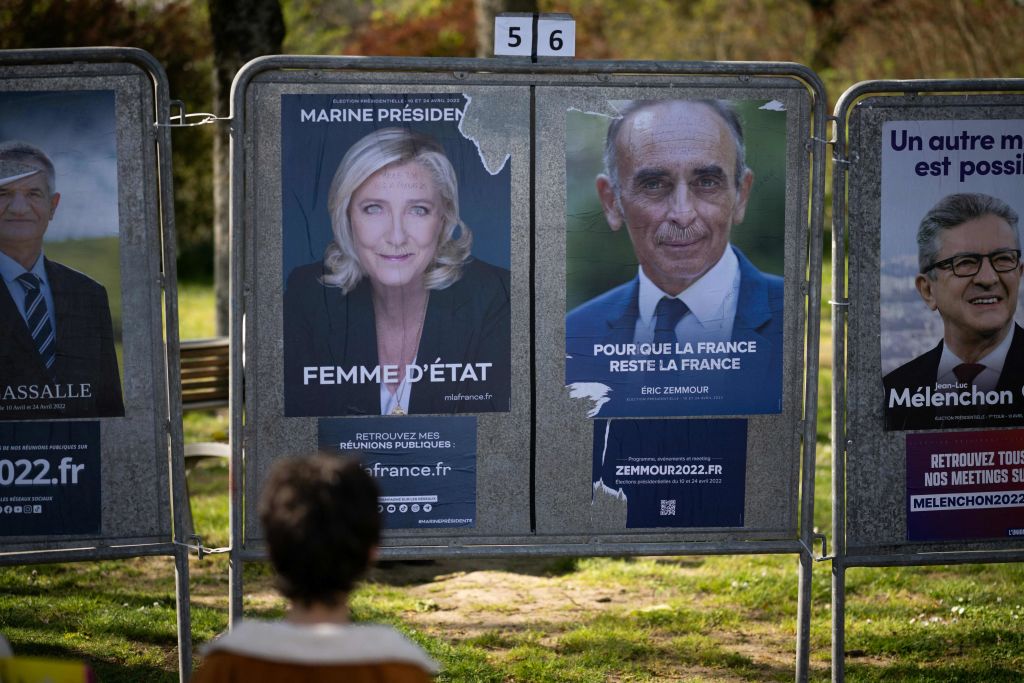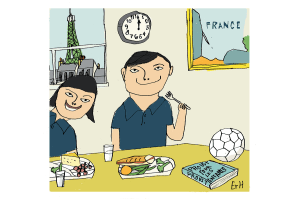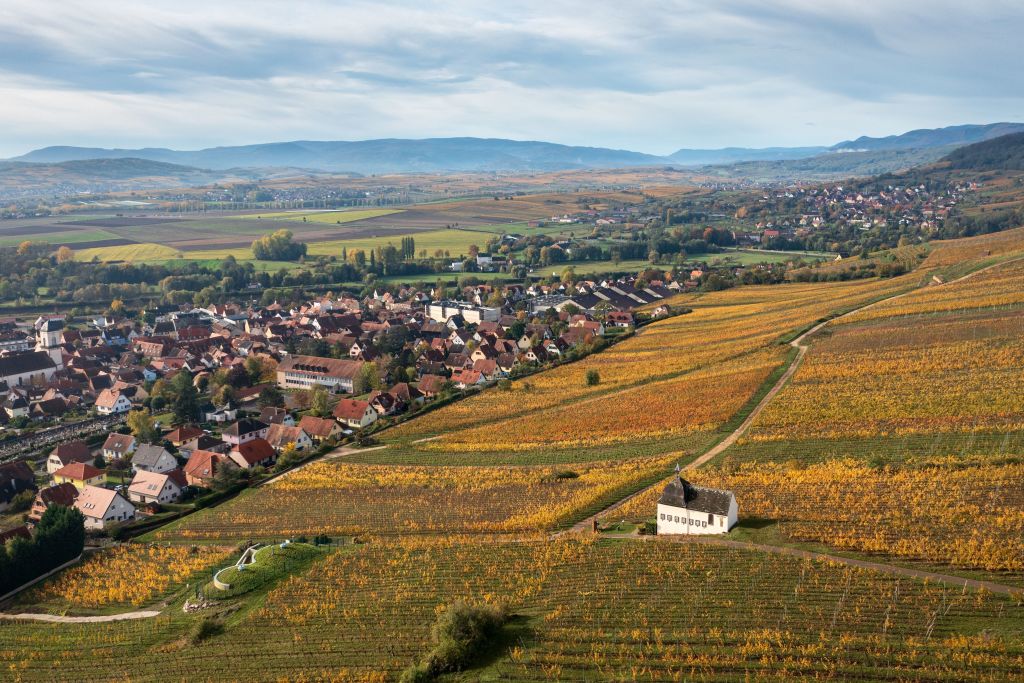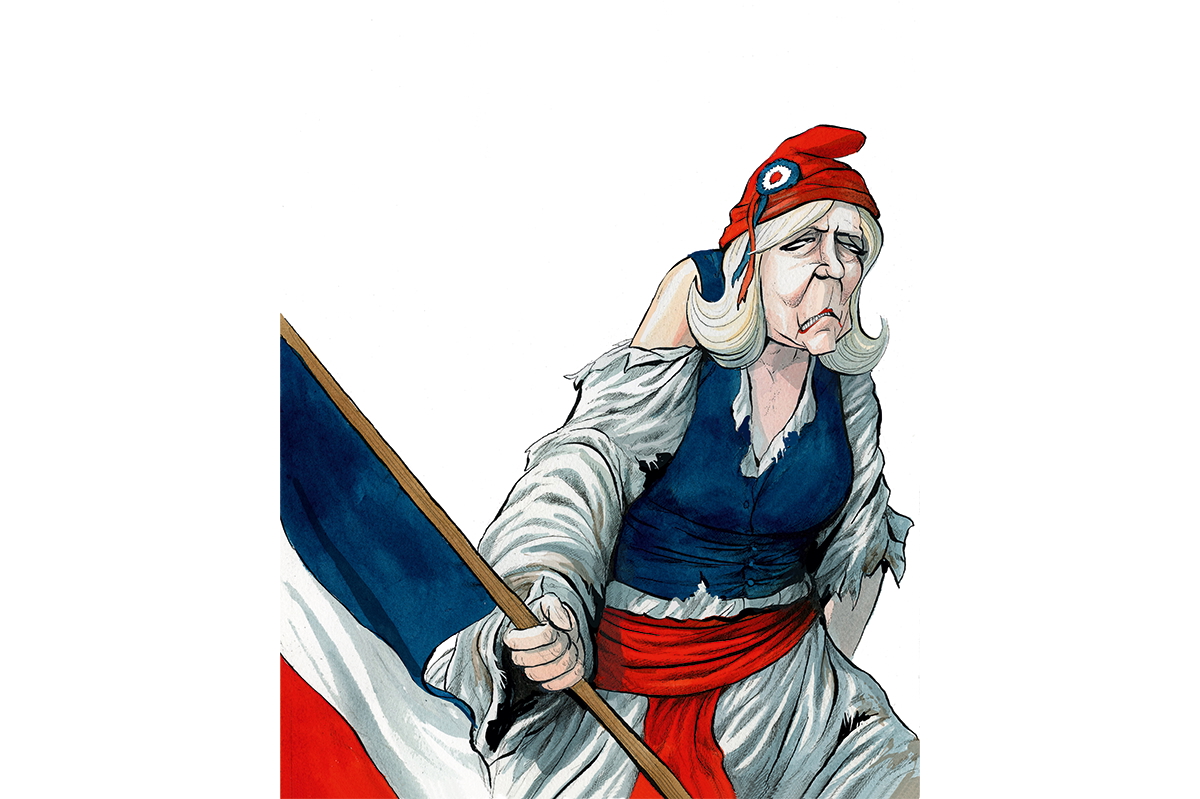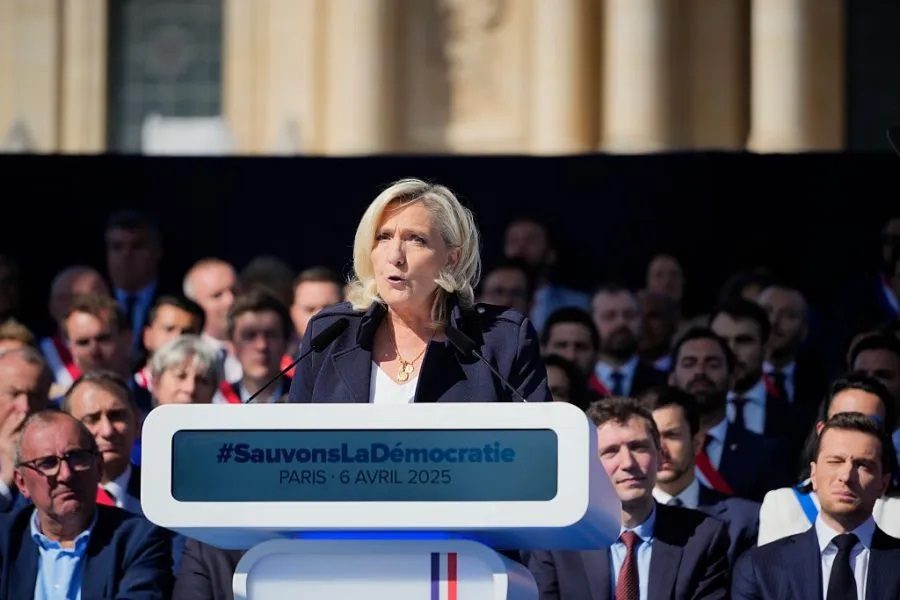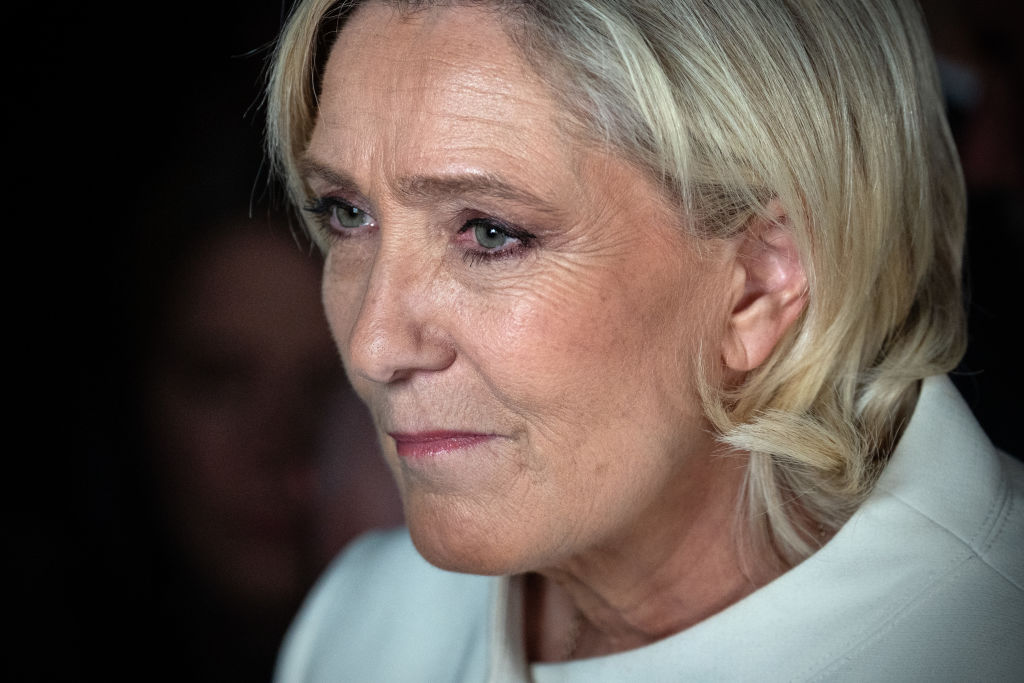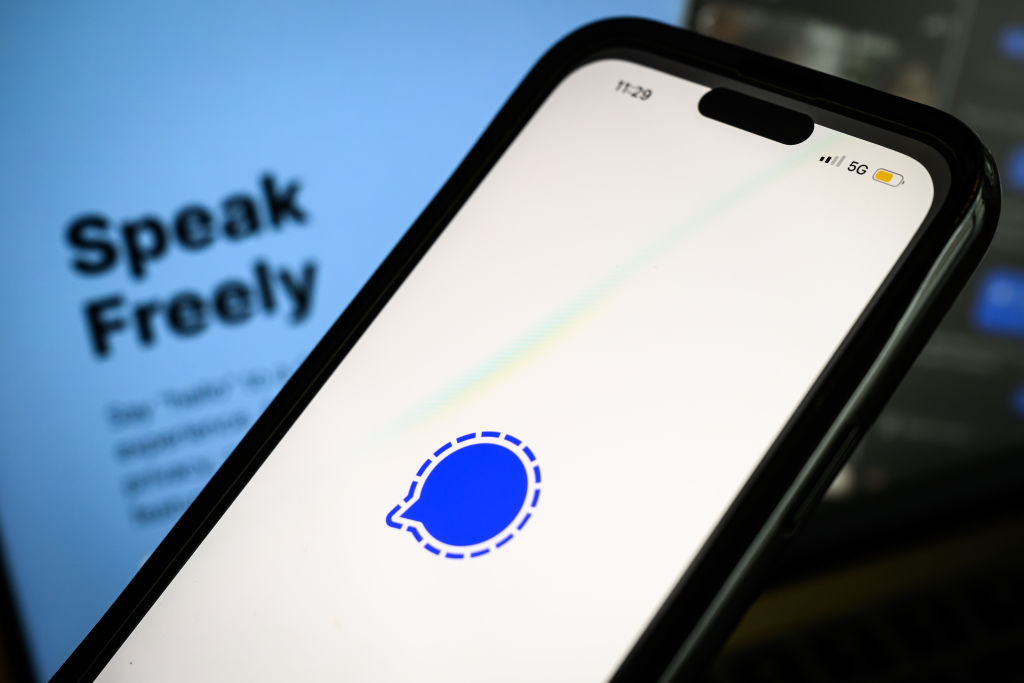The first round of voting in the French presidential election will happen Sunday — and despite expectations of the last few years, the run-up appears increasingly anti-climactic. But not all is said and done in the campaign.
Over the last few weeks, Emmanuel Macron has extended his lead in the opinion polls, bolstered by the uncertainty of the war in Ukraine. The most recent poll has Macron ahead at 28 percent, in front of far-right candidate Marine Le Pen at 23 percent, and far-left contender Jean-Luc Mélenchon. Far-right independent hopeful Éric Zemmour (9 percent) and Republican nominee Valérie Pécresse (8 percent) had experienced boosts in the campaign’s early stages, which have both since died down.
Zemmour’s campaign management can probably explain his comparable low points in the polls. The former columnist and polemicist has likely made the mistake of reminding voters too much of Marine Le Pen’s father, Jean-Marie Le Pen. The latter lost in the second-round presidential vote to Jacques Chirac in 2002. The old Le Pen was too extreme for the French voter base, with his many controversies including downplaying the Holocaust. Zemmour is experiencing a similar fate after relativizing Nazi-collaborating Vichy general Marshal Pétain, claiming that France did not deport homosexuals in World War Two and framing immigrants as “invaders.”
Meanwhile, Marine Le Pen has benefited from Zemmour’s campaign, framing herself as more of a moderate candidate now than she was during her last run against Macron. Zemmour’s polemic statements and writings, brutal tone, personal nastiness and egotistical bloat have served Le Pen in the first round. Unlike during the 2017 presidential election, Zemmour acts as a rhetorical shield, a distraction from Le Pen, who has stayed on message, but out of focus.
Despite Macron’s lead in the polls, a few notable and historical elements suggest that his victory is not in the bag. For once, no French president has ever been reelected after maintaining a majority in parliament or being a first-time candidate. Adding to that, two presidential candidates who were previously believed to be the self-evident winners did not get elected in the end: Valéry Giscard d’Estaing in 1981 and Lionel Jospin in 2002 (he did not even make it to the second round). In 2017, when Macron beat Marine Le Pen in the second round (with a margin of 60-40 percent), it was because French moderates had rallied around him in significant numbers to avoid Le Pen’s presidency. They had done so in 2002 as well when Jacques Chirac defeated Jean-Marie Le Pen with 80 percent of the vote. Five years have passed since then, however, and the lesser-known Macron has become a sworn enemy to many.
The harsh Covid-19 measures the French government has enacted since 2020 have disenfranchised many voters. Other, previous political events are also likely to inspire support for Le Pen in a second-round vote. In 2018, the gilets jaunes protests shook France, in opposition to the Macron administration’s environmental rules that would have significantly increased fuel prices. Since then, his government has also been under fire by the left for its handling of abuse of law enforcement powers.
The incumbent president has attempted to counter being branded by either the right or left-wing by borrowing talking points from both sides. Talking about a scandal faced by care home providers over gross mistreatment of the elderly people living in their facilities, Macron said, “Our lives, their lives, are worth more than any profit” — a slogan stolen from minor anti-capitalist candidate Philippe Poutou. Meanwhile, France’s Republic Party has also accused Macron of copy-pasting their election manifesto, saying that all but immigration policy has basically been lifted from their election promises.
The first two candidates with the largest share of the vote on Sunday will square off in the second round of voting on April 24. (In the off-chance that neither candidate reaches 50 percent of the total share of the vote, a third candidate will be added). However, an essential part of France’s electoral system takes place on June 12, when citizens elect a new parliament. Without a parliamentary majority, the president finds him or herself in a so-called “cohabitation,” in which he rules but cannot pass legislation. While Macron has a well-established political party on the local level, Le Pen would most likely struggle to rally the necessary seats to rule effectively as president, throwing France into a five-year deadlock.



